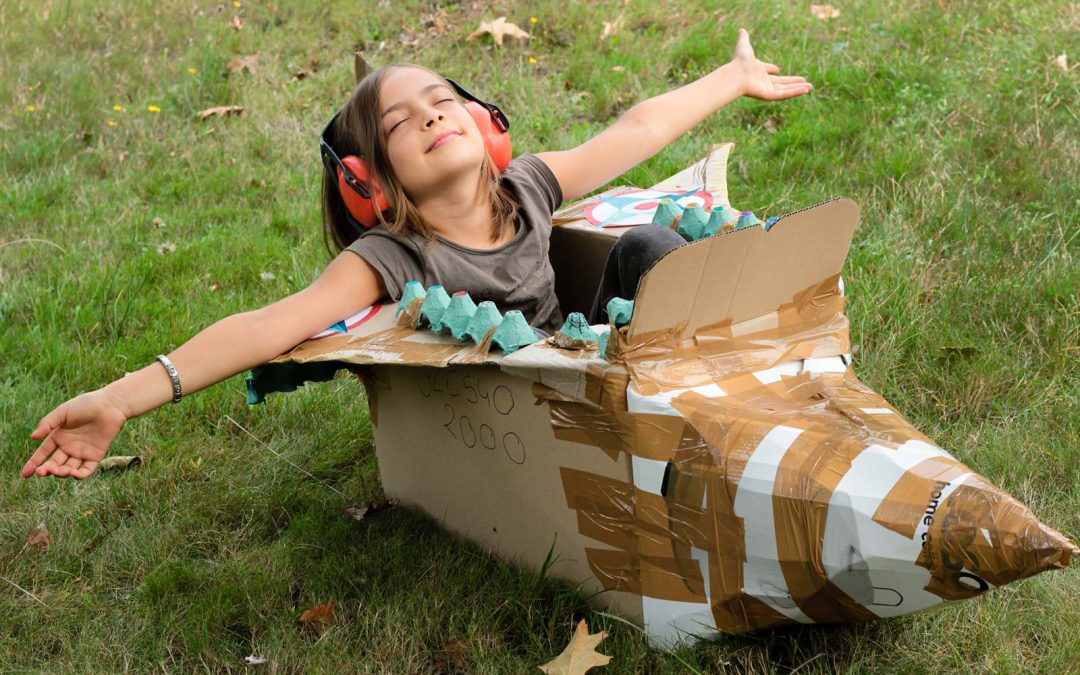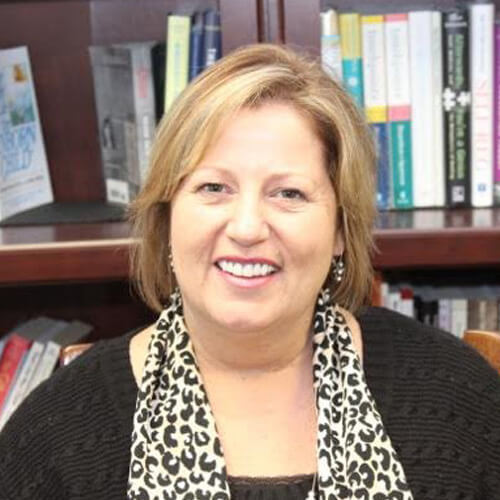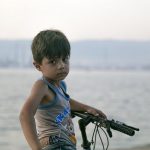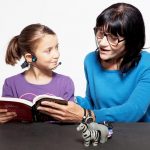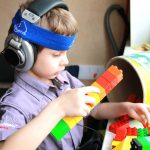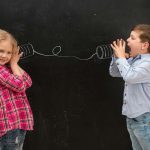“I am the great big wizard and I will change you into a tiny little mouse and you will go into the cave and live there forever!! And I will never, ever let you see anyone again!” So saying Gregory picks up his stick, turns so his cape could swirl, waves his hand and the deed is done. I am now forever to be a mouse dwelling in a cave. Anyone looking into our session would know we were having fun, but also wonder how this could contribute to his development overall. Critics of the world of play for children believe that though it is fun it is taking valuable time away from learning the essentials in life and children should be learning, not playing. But what if you are learning and playing at the same time?
Play is the work of the child; it is a childhood occupation. Gregory’s first objective was to learn about the props he was using, the different features and how to apply this to function. While this would really help in his essays one day, he is also building his descriptive language around different objects at the same time. As he plays out longer and longer sequences of play, he is learning to stay on task, to engage in one topic at a time, to build language around this topic, while also figuring out the sequential aspects of a story. These are really important building blocks for building sustained attention to task, a much needed skill for academics one day.
When Gregory reaches out to play with me or with his parent or peer, he is learning the art of conversational turn taking. He has to share his plan, and has to field our interference to his plan and find his way around the obstacles we can present, causing him to become a problem solver and needing to consider the needs of others. He has to develop empathy and insight into the perspective of others, a really important building block for social skills, but also building the ability to work in a group, to be a part of a team and to see the value of working towards a common goal. Gregory is also learning to stand his ground and to use the language he needs to explain why his plan would work better. Self-assertiveness is a skill not easily taught any other way.
Play allows for a world where mistakes can be made and easily forgiven or corrected. You can die and be resurrected, no big deal! It allows for plots of sequences that trains his young mind to form a story with a beginning, middle and end, another important building block for language organization and reading comprehension. He learns to use his visual space and construct his play from scenes in his mind that is now represented in imaginary play. He learns to visualize what is not visually available in front of him, which helps him to develop drawing, and later, reading and writing. Visualization is also very important for math, as would be following the correct sequences to obtain your end result. In play you learn to “see” the end goal and plan towards it, developing your ability to remain goal persistent.
It is simply easier to work difficult things out in play rather than real life and it is very clear that when a child has missed these essential building blocks in play, it is more difficult for them to consider social nuances in conversation with others
Play is the best place for Gregory to figure out the hard things in life. When his grandpa died, he was able to work it out in play scenes, trying to figure how it could be that you could never, ever see a favorite person again. He could work out the fear of what would happen if his mommy should die. He fends off wolves and tigers as he learns to handle threat and feel strong enough to overcome adversities. He puts himself in authoritative positions over others as he figures out authority in his life and what this means for him and his growing sense of self. Where does he stop and where does his mommy start? How come she gets to call the shots when he so wants to play outside just a little longer? Growing from self-centeredness to an “others centeredness” curbs the rigidity and need for control in all circumstances. You can more readily give up your external control once you realize that your inner control is still intact.
It is simply easier to work difficult things out in play rather than real life and it is very clear that when a child has missed these essential building blocks in play, it is more difficult for them to consider social nuances in conversation with others, they lack practical problem-solving skills that they can apply to the facts and figures they know. They have a far more difficult time with reading comprehension even when they develop a great vocabulary and language. Last, but not least, they learn the essential executive functioning skills that so many older students struggle with today. The ability to develop a plan to organize yourself in a timely manner through the different tasks you have to negotiate all start with play.
It is sad to hear adults say that play is a waste of time, especially in the face of developmental delay. We have to catch up time to decrease the delay therefore we should not spend so much time in play, they say. Besides it does not feel like you are working when you are playing right? No, this is wrong, play is the work of the child and we are allowed to have fun while learning these crucial elements that set the foundation for us later in life.
Let Us Play!

